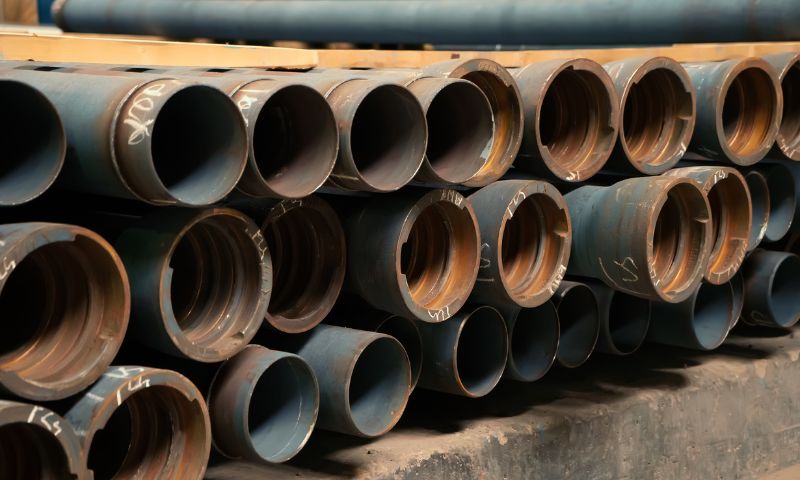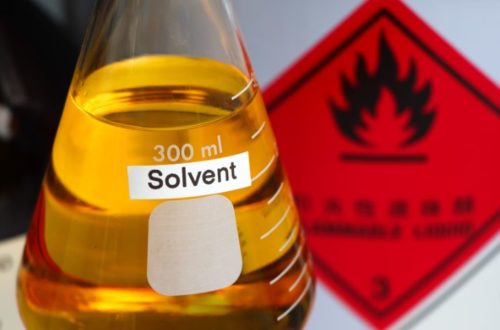The Role of Internal Pipe Coating in Different Industries

Internal pipe coating is essential in various industries to enhance pipes’ performance, durability, and safety. Since the early days of industrial coatings, industrial pipeline coatings have evolved to meet industry standards in various fields. For instance, they have gained improved chemical processing resistance. This blog examines the role of internal pipe coating in different industries, examining their benefits and significance in ensuring smooth operations.
Oil and Gas Industry
Internal pipe coatings prevent corrosion and extend pipeline lifespan in the oil and gas industry. Corrosion causes leakage that disrupts the delivery of petroleum products and creates environmental hazards. Using internal pipe coatings adds a protective layer between the pipe’s material and the corrosive substances, reducing the corrosion rate and prolonging the pipeline’s operational life. These effects ultimately result in cost savings, reduced downtime, and minimized environmental impact.
Water and Wastewater Treatment
Water and wastewater treatment plants rely on internal pipe coatings to maintain their piping system’s integrity. An effective coating prevents the growth of biofilm, which can lead to clogs and reduce the efficiency of the treatment process. Additionally, internal pipe coatings help prevent corrosion that may cause leaks and contamination of treated water. As a result, implementing appropriate pipe coatings is crucial to maintain water quality and the overall effectiveness of water treatment facilities.
Chemical Processing
In the chemical processing industry, pipes come into contact with highly corrosive chemicals that harm the lifespan of piping systems. Companies can protect their pipes from corrosion and chemical attack by applying internal pipe coatings, ensuring the piping system remains operational for extended periods. Internal pipe coatings also reduce the risk of leaks, leading to costly downtime and potential environmental damage.
Food Processing and Pharmaceuticals
The food processing and pharmaceutical industries are subject to strict hygiene, cleanliness, and traceability regulations. Internal pipe coatings play a vital role in maintaining these standards, as they create a smooth, nonporous surface that minimizes bacterial growth, reduces the risk of contamination, and simplifies the cleaning process. By having a robust, well-maintained pipeline system, these industries can ensure their products’ quality, safety, and integrity.
Power Generation
Internal pipe coatings are essential in the power generation industry, particularly in thermoelectric and nuclear plants, where heat transfer efficiency is paramount. Applying appropriate coatings within the pipes reduces fouling, scaling, and potential corrosion issues, resulting in improved heat transfer efficiency and reduced maintenance. The right coating application ultimately contributes to more reliable and efficient power generation.
Internal pipe coating plays an indispensable role in many industries, from safeguarding water quality to enhancing efficiency in power generation. Using internal pipe coatings to protect piping systems ultimately contributes to various essential sectors’ safety, reliability, and cost effectiveness. As industries continue to evolve and face new challenges, the importance of internal pipe coating will continue to grow, and crafting innovative solutions will remain essential in addressing these challenges.
Would you like to receive similar articles by email?





